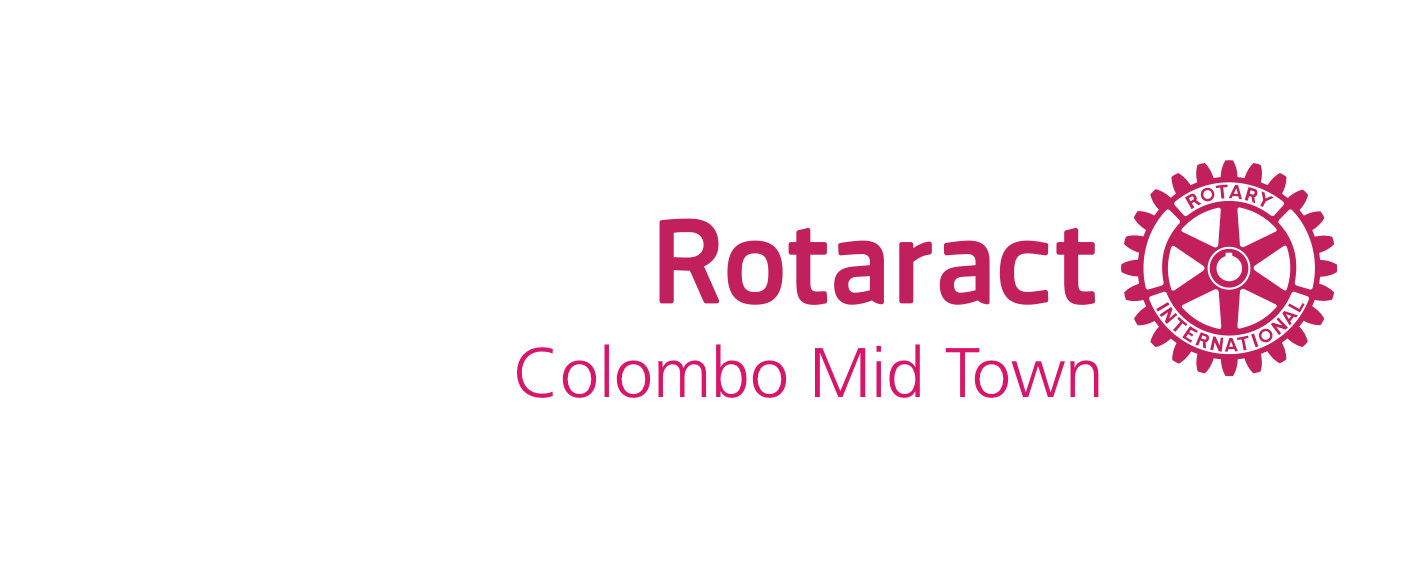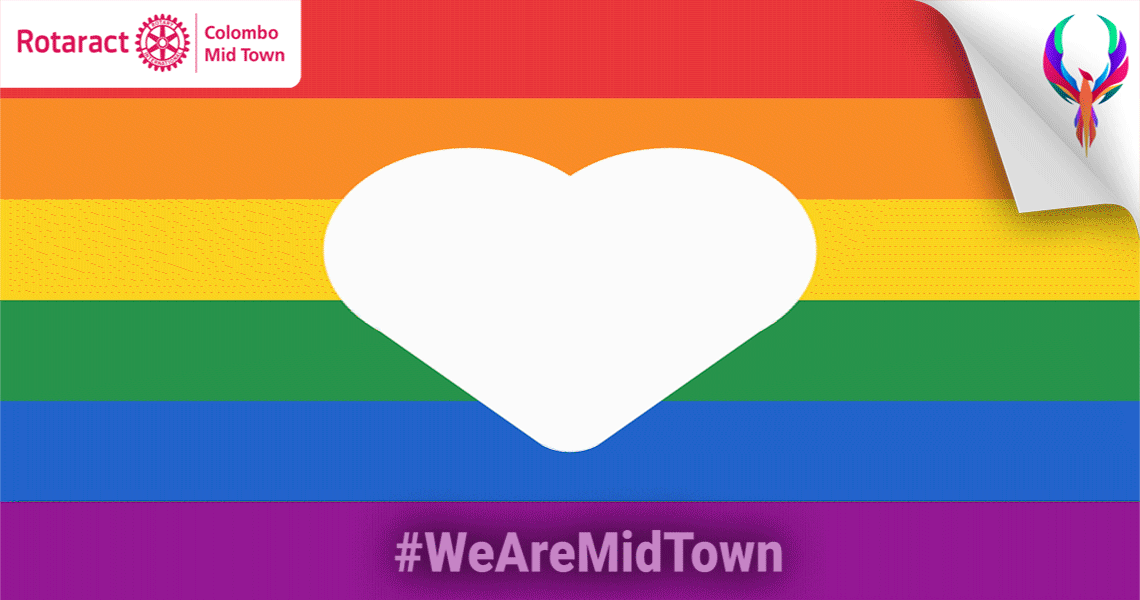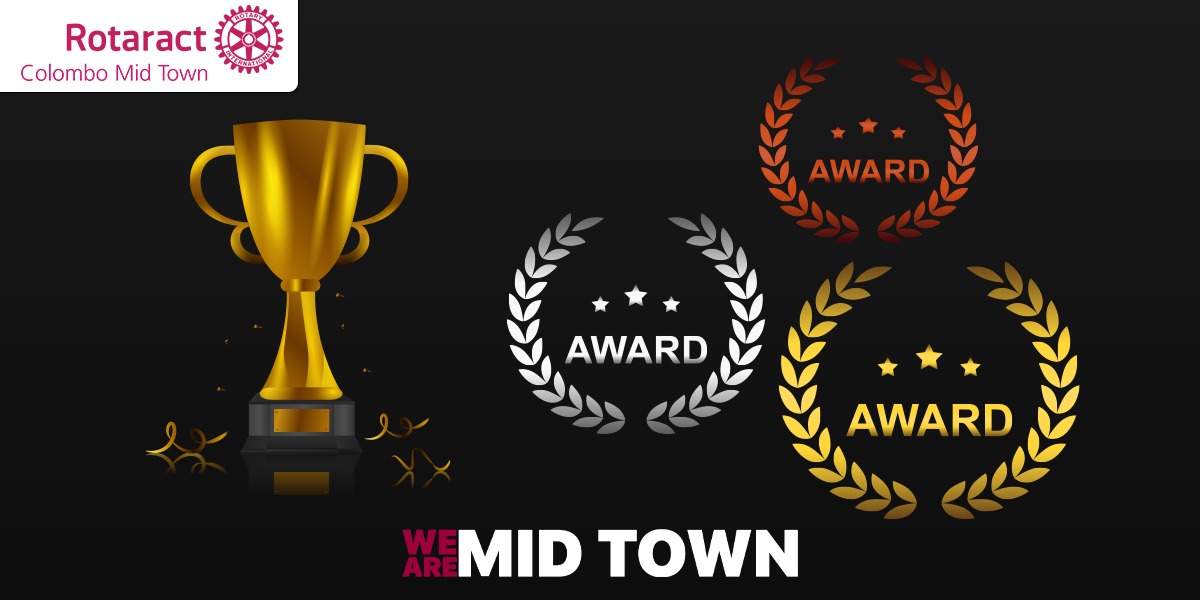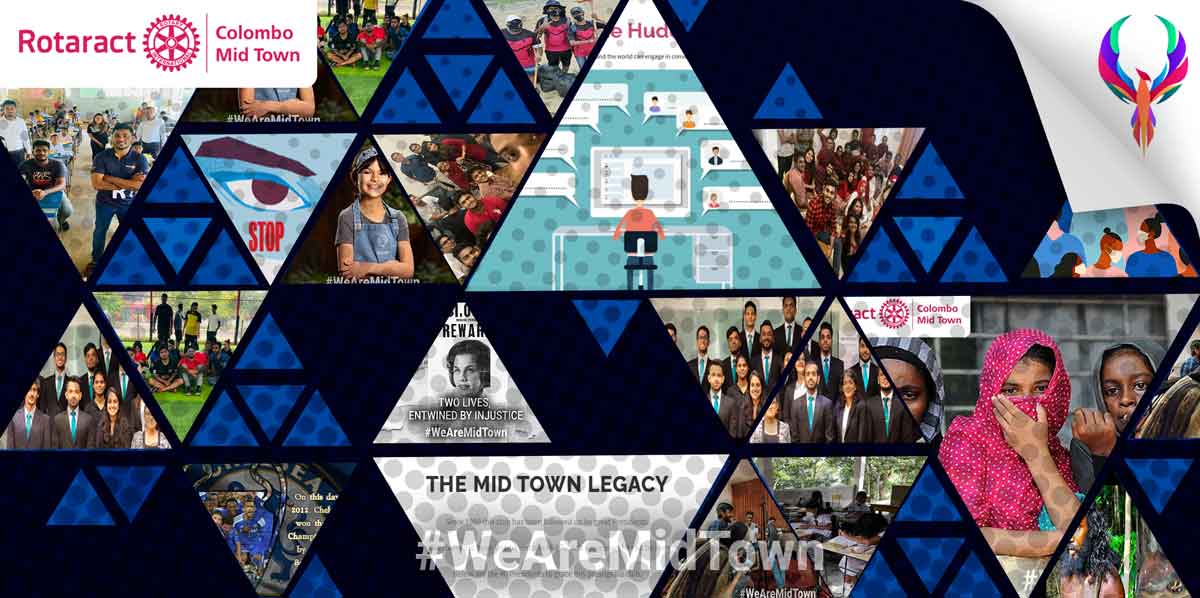The acronym for LGBTQ is a lesbian, gay, bisexual, transgender, queer or questioning. Such terms are used to identify the sexual orientation or gender identity of an individual. Lots of people fancy people of the same sex as them, being attracted to someone of the same sex is usual, natural and makes you who you are. Others may be sure about how they feel, and it may take more time for others to be sure of their sexual orientation. There is no right or wrong age to know that you are lesbian, homosexual or bisexual. Everybody is different. Sexual orientation does not have to be set forever; it will be fluid for some people, and not for others and it could change with time.

For several thousand years, homosexuality has been present in literature and artwork. It is believed that with the arrival of missionaries from Europe who promoted their religious ideals that discouraged homosexual sex and ultimately introduced laws criminalizing homosexual sex under colonialism, homosexual sex was not looked down upon until the 16th century. Sri Lanka inherited colonial laws passed during British rule, like many colonial countries, that British attempts to enforce Victorian ideals on its colonies represented Britain’s efforts. Such laws—which Criminalizing same-sex sexual orientation has been increasingly used to persecute individuals over time.
Section 365 of the Sri Lankan Penal Code makes it a criminal offence to indulge in “carnal intercourse against the order of nature.” Up to 10 years in jail and a fine is the punishment for breach of section 365. While technically ‘carnal activity against the order of nature’ may be interpreted as involving such sexual practices between heterosexuals (such as non-procreative sex acts), it is generally understood to refer to sexual acts between people of the same sex. The police are using section 399 of the Penal Code to further discriminate and detain members of this group. This portion explains personalized cheating (gender impersonation). This section is often used against trans-genders because their identification papers bear the opposite gender after the plastic procedure that converts them to a different gender. According to current Sri Lankan law, full citizenship rights should be entitled only to ‘regular citizens,’ suggesting that the ‘normal citizen’ should be heterosexual. As of now, in Sri Lanka, persons who are not heterosexual are not entitled to all the privileges under the Constitution.

Approximately 19.6 percent (753,973) of adults aged 18 and older living in Colombo, Matara, Nuwara Eliya, and Kandy in 2017 are lesbian, gay, bisexual, and/or transgender according to EQUAL GROUND, an organization working for the rights of LGBTQ people in Sri Lanka. Regrettably, in many nations, including Sri Lanka, LGBTQ people are excluded from society. In the world, the countries that welcomed them most were found to be Iceland, the Netherlands, Sweden, and Denmark. As per the recent reports, these oppressed groups of people are also more likely to stop calling the police out of fear of anti -LGBT treatment. Owing to their sexual orientation or gender identity, many LGBT persons have often reported receiving unpleasant and unequal treatment as they sought legal help for any problem they faced. The reality of their situation is even more untenable because of the intense discrimination the LGBTQ community receives, especially those in lower-income communities living away from the cosmopolitan center of Colombo. While Sri Lanka is in a new age with impressive technological developments along with the other countries in the world, a change in attitudes towards LGBT people seems to be a long shot.

Educating the masses about sexual orientation and the concept of LGBTQ. In developing a conscious culture, school plays a vital role and thus sexual orientation and gender issues should be made obligatory in the school syllabus. Education on sexuality and sexual identity should be enforced to create a culture where LGBT people can live openly and with dignity. People need to begin to learn more about diversity and to be surrounded by diverse groups of people. Being open to learning about various topics will also allow individuals to have diverse groups of friends that include people of all races, ethnicities, religions and sexual orientations.
The parliament of Sri Lanka should demonstrate strong national support for the rights of all Sri Lankans and revoke the law promptly. If the only resolution is in the courts, however, petitioners seeking to challenge the law need to be able to come forward openly and do so safely. Sri Lanka needs to reinforce its laws on victim and witness safety for this. This critically important measure should be taken by the government, not only for LGBT people but for all victims. Government enforcement of the rights of ethnic groups and other victims should not be stalled.
It is not an easy task to foster acceptability for the LGBTIQ community in Sri Lankan society. Changing attitudes towards LGBT people in Sri Lanka can be accomplished if the responsible parties show genuine interest and come up with a stronger strategy involving a wider and organized educational initiative and continue to lobby their rights.
– Writers thoughts






